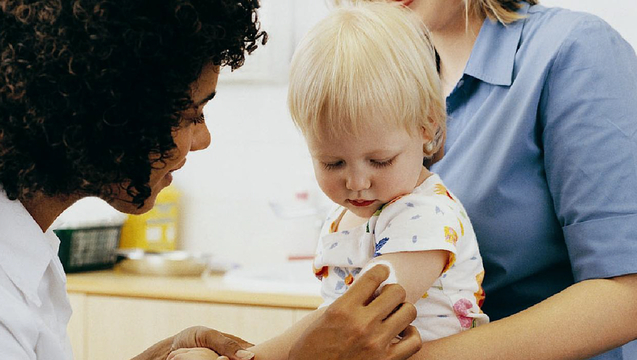US should prioritize sending vaccine doses to low-income countries
June 29, 2022
The Centers for Disease Control and Prevention authorized COVID-19 vaccines for children under 5 years old. The U.S., however, shouldn’t rush to increase vaccine supply for the age group, as it will likely result in significant waste of unused doses.
As of April, only 18% of parents with children under 5 years old said they are eager to vaccinate their toddlers. Additionally, 38% say they plan to wait, whereas 27% said they will not vaccinate their toddler and 11% said they will only do so if required.
The U.S. has already wasted over 82 million vaccine doses since December 2020. If Americans do not want to administer the vaccine their toddlers, who rarely suffer from severe symptoms of COVID-19, the United States should help distribute additional doses to other nations instead.
Only 18% of people in low-income countries have received at least one dose of a vaccine, in comparison to 81% for middle and high-income countries. In South Africa, for instance, where the omicron variant originated, only 37% of the population has received a single dose of the vaccine.
Sending extra doses of COVID-19 vaccines to low-income countries rather than risk unused doses going to waste once vaccines are rolled out for toddlers can help mitigate the risk of new variants and provide immunity to millions worldwide who typically lack access to healthcare and are more prone to severe illness.






